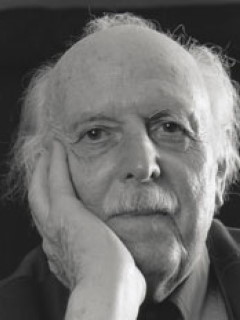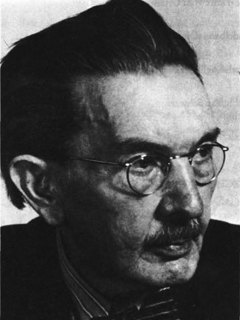Philip Pettit
(). History in the service of philosophy. Deutsches Jahrbuch Philosophie, 8, 85-96.
(1969). On the idea of phenomenology. Dublin: Scepter books.
(1972). On phenomenology as a methodology of philosophy. In W. Mays (ed.) Linguistic analysis and phenomenology (pp. 241-255). Dordrecht: Springer.
(1972). The case for explanation continued: a reply to professor Tugendhat. In W. Mays (ed.) Linguistic analysis and phenomenology (pp. 267-272). Dordrecht: Springer.
(1973). Is the reduction necessary for phenomenology? Husserl's and Pfänder's replies: A reply to prof. Spiegelberg. Journal of the British Society for Phenomenology, 4, 16-19.
with Sylvan Richard, Norman Judith (eds) (1987). Metaphysics and morality. Oxford: Blackwell.
(1988). The prisoner's dilemma is an unexploitable Newcomb problem. Synthese, 76 (1), 123-134. https://doi.org/10.1007/BF00869643.
(1989). Decision theory, political theory and the hats hypothesis. In F. D'agostino & I. C. Jarvie (eds.) Freedom and rationality (pp. 23-34). Dordrecht: Springer.
with Brennan Geoffrey (1993). Hands invisible and intangible. Synthese, 94 (2), 191-225. https://doi.org/10.1007/BF01064338.
(1996). Realism and truth: a comment on Crispin Wright's truth and objectivity. Philosophy and Phenomenological Research, 56 (4), 883-890.
with List Christian (2004). Aggregating sets of judgments: two impossibility results compared 1. Synthese, 140 (1-2), 207-235. https://doi.org/10.1023/B:SYNT.0000029950.50517.59.
(2005). From republic to democracy: a comment on Henry Richardson. Philosophy and Phenomenological Research, 71 (1), 196-203.
with List Christian (2011). Group agency: The possibility, design and status of corporate agents. Oxford-New York: Oxford University Press.
(2016). Three mistakes about democracy. In A. Fives & K. Breen (eds.) Philosophy and political engagement (pp. 187-199). Basingstoke: Palgrave Macmillan.
(2018). The birth of ethics: reconstructing the role and nature of morality. Oxford: Oxford University Press.




